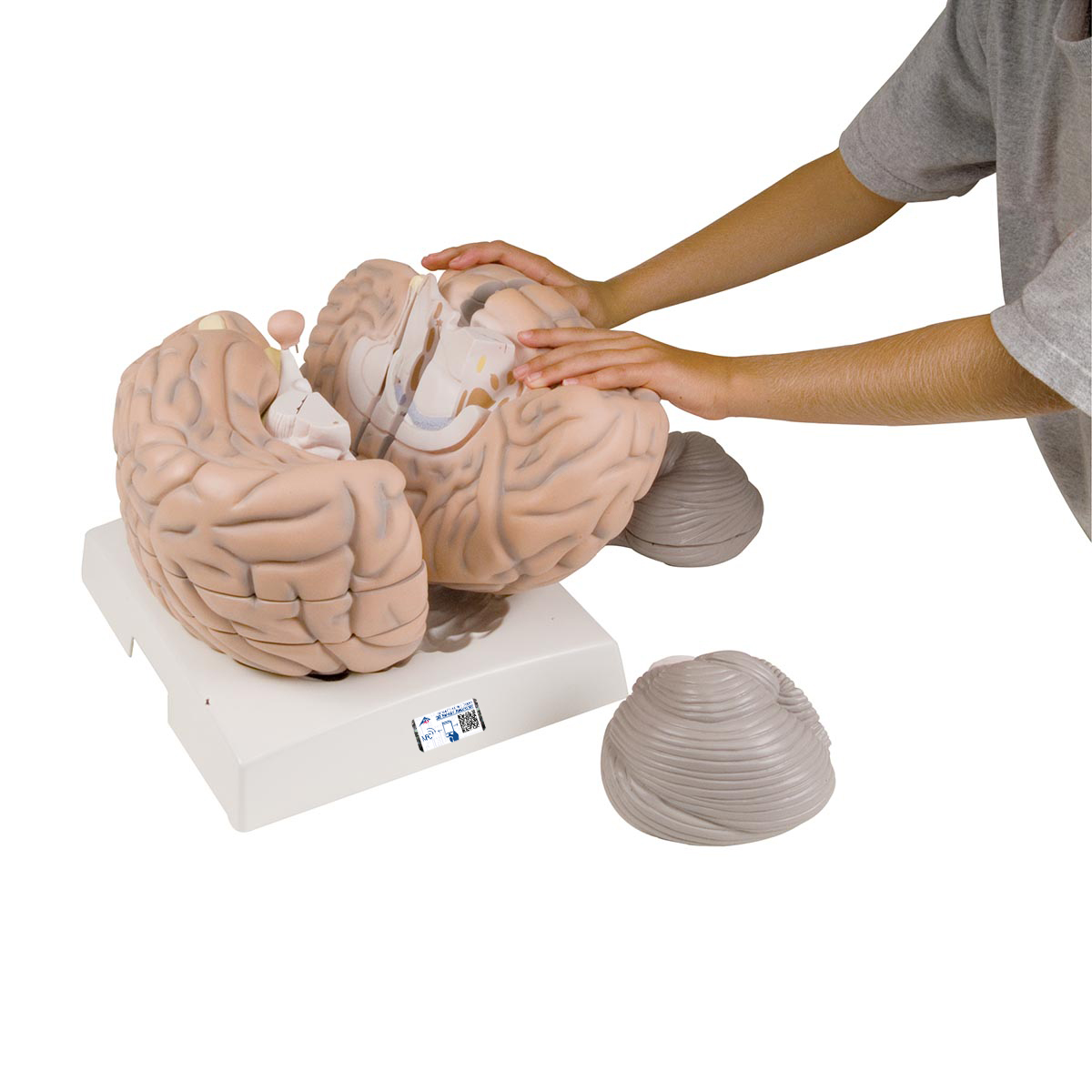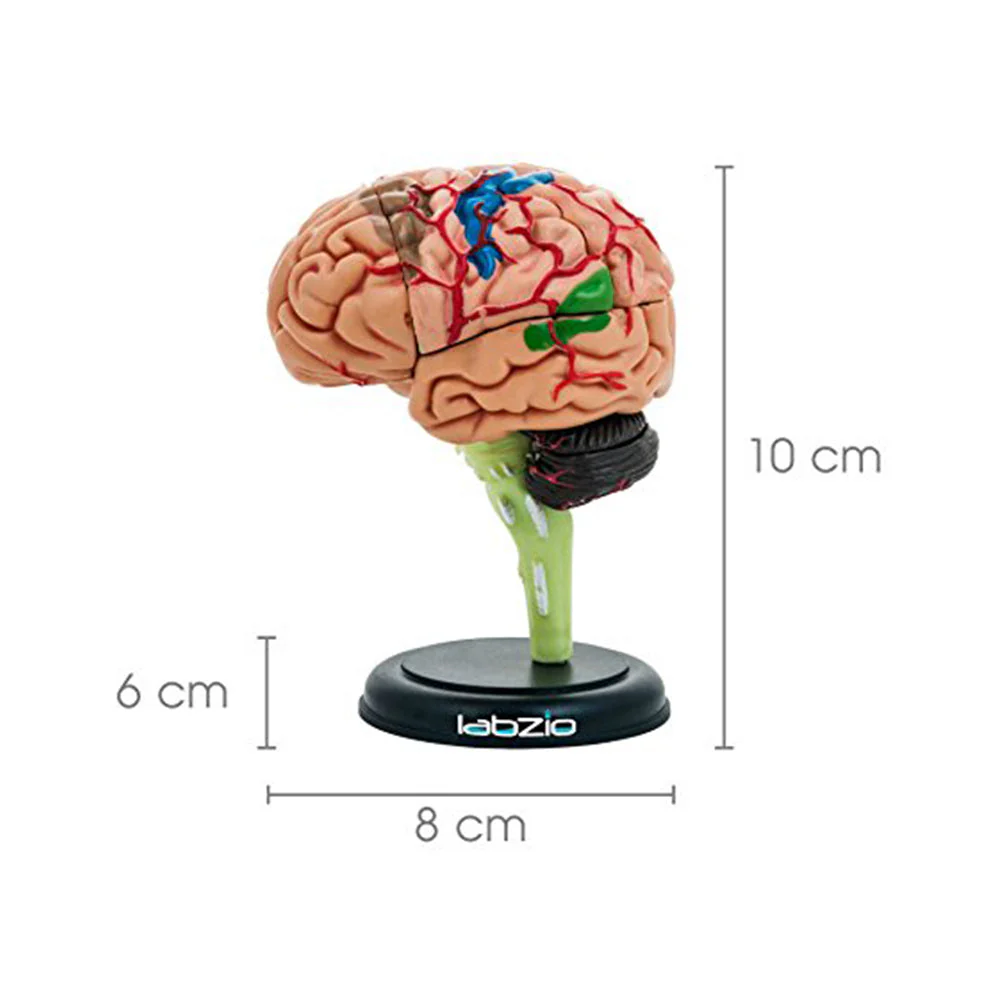Understanding Chronic Brain Fog
Chronic brain fog is a persistent condition that affects cognitive function. It can manifest as confusion, forgetfulness, and a general lack of mental clarity. This phenomenon is not just a passing phase; it can significantly impact daily life. Recognizing the signs of chronic brain fog is crucial for effective management. People may experience this condition for various reasons, and understanding its root causes is essential. Healthcare professionals are increasingly acknowledging chronic brain fog as a legitimate condition. Thus, awareness of its implications has grown in recent years.
Causes of Chronic Brain Fog
Chronic brain fog often stems from numerous factors. Stress is one of the leading causes. Prolonged stress exhausts the body and mind. As a result, cognitive functions can decline sharply. Likewise, poor sleep habits contribute to this issue. Sleep deprivation disrupts normal brain function, leading to reduced concentration and focus. Additionally, the diet plays a crucial role in cognitive health. Consuming an unbalanced diet may lead to nutrient deficiencies. These deficiencies can cause feelings of lethargy and disorganization.
Furthermore, medical conditions can result in chronic brain fog. For instance, hormonal imbalances such as thyroid disorders are common culprits. Likewise, neurological conditions such as Alzheimer’s disease can lead to cognitive impairments. Such conditions necessitate timely diagnosis and treatment. Moreover, mental health issues, like depression and anxiety, can cloud thinking. Individuals may feel overwhelmed, leading to difficulties in concentration.
Certainly, environment also impacts cognitive performance. Exposure to toxins can create a detrimental effect on brain function. For example, heavy metals and pollutants can lead to chronic fatigue. Thus, assessing environmental factors is necessary for understanding brain fog. Identifying potential hazards allows individuals to make informed lifestyle choices. Additionally, recognizing these elements can help in minimizing symptoms over time.

Symptoms of Chronic Brain Fog
Symptoms of chronic brain fog can vary from person to person. Commonly noted symptoms include difficulty concentrating. Individuals may struggle to process information effectively. Forgetting important dates or tasks can become commonplace. This forgetfulness can lead to increased frustration and stress. Furthermore, there may be a sense of confusion in everyday situations. People often report feeling mentally sluggish throughout the day.
Next, emotional symptoms can accompany cognitive ones. Anxiety and irritability may become more pronounced. Such feelings can exacerbate the sense of brain fog. Individuals may find themselves feeling overwhelmed without apparent cause. Difficulties in decision-making become a regular occurrence. Even simple choices can seem daunting and complex.
Also, physical symptoms often accompany cognitive issues. Chronic fatigue frequently occurs alongside mental fog. A sense of heaviness in the mind can lead to exhaustion. Individuals may become easily fatigued, decreasing productivity. Thus, balancing physical and mental well-being is essential for symptom management. Understanding the multifaceted nature of symptoms can aid in devising effective treatments.
Lastly, individuals experiencing brain fog often encounter social challenges. Relationships may suffer as communication becomes strained. Friends and family may notice a shift in personality. This lack of clarity can lead to misunderstandings and social withdrawal. Recognizing these symptoms is critical for seeking help. Awareness facilitates conversations about chronic brain fog and its impacts.

Diagnosis of Chronic Brain Fog
Diagnosing chronic brain fog can be challenging. Many professionals rely on patient history and symptoms reported. A thorough medical evaluation is crucial in the diagnostic process. Blood tests may help identify underlying deficiencies or medical conditions. Moreover, cognitive assessments can provide insights into cognitive function levels.
In some cases, specialists may conduct imaging studies. Advanced technology like MRIs or CT scans can rule out possible neurological issues. Gathering comprehensive information aids in forming a complete picture. Additionally, healthcare providers may ask about lifestyle choices. Sleep patterns, diet, and stress levels can significantly influence cognitive health.
While there is no specific test for chronic brain fog, a holistic approach helps. This includes considering mental health evaluations. Anxiety and depression assessments can clarify the full scope of symptoms. Understanding emotional well-being is critical for effective diagnosis. Treating mental health can lead to improvements in cognitive function.
Furthermore, a detailed questionnaire may assist in charting symptoms over time. This timeline can reveal patterns that aid in diagnosis. Collaboration with healthcare professionals ensures a tailored approach. Adapting treatment plans based on individual needs supports recovery.
Treatment Options for Chronic Brain Fog
Treating chronic brain fog requires a multifaceted approach. Addressing lifestyle factors is the first step. Incorporating a balanced diet rich in nutrients fosters brain health. Foods high in antioxidants, omega-3 fatty acids, and vitamins support cognitive function. Likewise, staying hydrated is fundamental. Proper hydration enhances neurotransmitter function, improving clarity.
Furthermore, regular physical activity contributes positively. Exercise increases blood flow to the brain, promoting mental sharpness. Simple activities like walking or stretching can provide benefits. Engaging in regular exercise routines diminishes feelings of fatigue. Enhancing overall physical health can positively affect cognitive function.
Equally important is sleep hygiene. Prioritizing quality sleep fosters mental resilience. Establishing consistent sleep patterns aids the body in recovery. Creating a calming bedtime routine allows for restful sleep. Thus, clearing the mind before bed can facilitate better sleep.
Additionally, stress management techniques can be effective. Practices such as meditation, yoga, and deep breathing alleviate anxiety. These techniques enhance focus and creativity over time. Seeking professional help may also support emotional health. Therapists can assist in addressing underlying mental health issues.
Finally, supplements may offer additional support. Certain vitamins and minerals can improve mental clarity. Always consult with healthcare professionals before starting any supplement regimen. Tailoring treatment to individual needs yields the best outcomes.

Lifestyle Changes to Combat Chronic Brain Fog
Implementing lifestyle changes can greatly reduce chronic brain fog symptoms. Adopting a nutritious diet is vital for cognitive health. Prioritizing whole foods over processed options supports overall well-being. Fresh fruits and vegetables provide essential vitamins and minerals. Additionally, healthy fats, such as avocados and nuts, contribute positively.
Establishing a consistent sleep schedule is equally critical. Ensuring adequate rest rejuvenates both body and mind. Creating a calming nighttime environment aids in falling asleep quickly. Limiting screen time before bed can significantly improve sleep quality.
Moreover, incorporating mindfulness practices is beneficial. Techniques such as meditation can enhance focus and clarity. Engaging in mindful activities cultivates greater awareness of the present. This practice reduces anxiety and encourages a sense of calm.
Physical activity cannot be overlooked. Finding enjoyable forms of exercise increases likelihood of consistency. Activities such as dancing, swimming, or hiking promote mental sharpness. Furthermore, social interactions enhance emotional well-being. Engaging with friends and family fosters a supportive environment.
Lastly, minimize exposure to toxins in the environment. This can include using natural cleaning products and avoiding pollutants. Taking steps to reduce stressors supports cognitive health. Staying organized and managing time effectively can reduce feelings of overwhelm.

The Role of Alternative Therapies
Alternative therapies can complement traditional treatment for chronic brain fog. Many individuals explore holistic approaches. Practices such as acupuncture can improve blood circulation. This enhanced circulation may promote brain function. Furthermore, chiropractic care addresses alignment issues that affect overall health.
Another popular option is herbal medicine. Certain herbs, like ginkgo biloba, have shown promise in enhancing cognitive function. However, it is essential to consult healthcare providers before use. Always ensure any alternative therapy is suitable for individual needs.
Mind-body techniques also hold significance. Practices like tai chi and qigong promote mental clarity. These practices focus on the connection between body movement and mindfulness. Individuals often report enhanced cognitive clarity following such sessions.
Essential oils have gained popularity for their therapeutic benefits. Scents like peppermint or rosemary may stimulate mental alertness. Diffusing oils during work hours can create a more focused environment.
Integrating lifestyle changes alongside alternative therapies can enhance results. Tailoring approaches according to personal preferences ensures sustainability. Remaining open to various methods supports overall recovery from chronic brain fog.
Importance of Professional Support
Seeking professional support is vital in managing chronic brain fog. Trained healthcare providers offer valuable insights and guidance. They can help identify underlying causes of cognitive impairment. Furthermore, specialists may recommend multidisciplinary approaches. Collaboration among healthcare providers results in comprehensive care.
Accessing mental health professionals adds significant value. Therapists can assist in addressing emotional factors contributing to brain fog. Engaging in therapy provides an outlet for frustration. Additionally, support groups foster a sense of community and understanding. Sharing experiences can help individuals feel less isolated.
Regular follow-ups with healthcare professionals ensure progress monitoring. Tracking treatment effectiveness allows for timely adjustments. This ongoing evaluation promotes optimal recovery. Flexibility in treatment plans enhances the likelihood of success.
Moreover, engaging in educational programs helps spread awareness. Learning more about chronic brain fog empowers individuals. Knowledge equips them to advocate for their needs effectively. Understanding the condition can alleviate feelings of helplessness.
Ultimately, fostering a collaborative approach with professionals supports healing. Their expertise plays a pivotal role in managing chronic brain fog. Building a strong support network enhances the journey towards recovery. Investing time and energy in this process can yield significant benefits.

Chronic brain fog can be a debilitating condition. However, understanding its causes, symptoms, and treatment options is empowering. Awareness is key in navigating the complexities of this condition. Therefore, exploring lifestyle changes can significantly improve cognitive function.
Additionally, seeking professional support enhances recovery efforts. Collaborating with healthcare providers ensures tailored approaches. Individuals experiencing chronic brain fog must not suffer in silence. Communicating concerns opens doors for discussions and interventions.
Adopting holistic treatments alongside conventional methods fosters well-being. Exploring alternative therapies can lead to improved cognitive clarity. Ultimately, persistence and patience are essential in this journey.
Finding the right combination of strategies takes time. Continuous learning about chronic brain fog is crucial. Staying informed about new research keeps individuals empowered.
In conclusion, managing chronic brain fog is achievable. With commitment and the right support, cognitive clarity can improve significantly. Therefore, embarking on this journey will lead to enhanced quality of life. Taking small steps toward improvement can yield lasting benefits.
